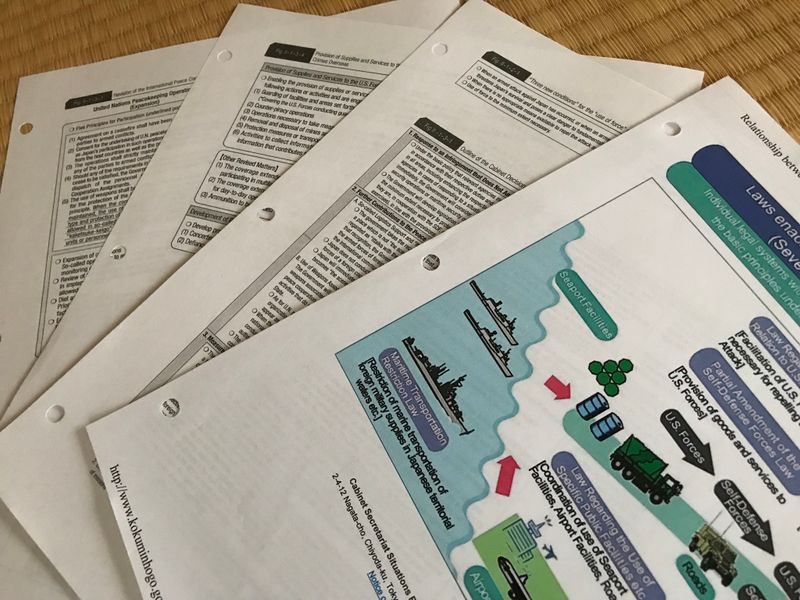Dec 6, 2018
Three tips for expats working in Japan
My wife was hired on for a great opportunity at a Japanese company about six months ago, and watching her get used to dealing with Japanese bureaucracy has been interesting.
I am well-versed in it—in fact, in my previous work, part of my job was to serve as the bridge between my U.S. and Japanese counterparts. Still, I’m seeing it from a new angle now, and I’m grateful that my wife asks me for advice when it comes to dealing with some of the nuances of working in Japan.
I realized that some of the advice I’ve given her might be valuable for some of you expats out there, so allow me to offer a few tidbits that my wife found useful:
1) If you have a proposal, always provide a presentation with handouts. The Japanese call it kamishibai, or a picture story show, and it is important for two reasons. First, if you don’t speak fluent Japanese, the handouts help make your points more clear. Second, and most importantly, you will rarely, if ever, be presenting to a decision maker. You will present to a middle-manager who will have to turn around and present the proposal to the decision maker. Giving clear handouts is essential in ensuring that the middleman is able to reconvey the message.

2) Don’t be afraid to be the foreigner. If you’re a foreigner working for a Japanese company, there is a reason you are there and it’s not because they expect you to be like all the Japanese. No, you were brought in BECAUSE you’re a foreigner, so be different. Be bold. Be assertive. Of course, you should be respectful and deferential, but don’t be afraid to make suggestions, offer your perspective, and encourage change. If they didn’t want any of those things, they would have hired a local.
3) Be patient. Nothing in this country ever moves as quickly as you want it to. Doctor’s appointments take twice as long. Lines are a way of life. And the bureaucracy? Well, it’s in a league of its own. That’s in part due to the necessity of consensus building (or as I see it, sufficient coverage for blame sharing so no single person can take the fall). This recommendation may seem counterintuitive given my previous recommendation of being bold, but in reality that just means that you must be prepared for your efforts to take time. A suggestion that you make may take days or weeks—even months—before it is implemented, and it’s not because people are sitting on it; it just takes time to get all the stakeholders on board. Being patient also means getting the markers out there early so there is sufficient time for coordination. If you have something you want done six months from now, be sure to start now. You can always pause an effort if you’re ahead of schedule, but catching up is immensely difficult to do.
Hitting the books once again as a Ph.D. student in Niigata Prefecture. Although I've lived in Japan many years, life as a student in this country is a first.
Blessed Dad. Lucky Husband. Happy Gaijin (most of the time).



0 Comments